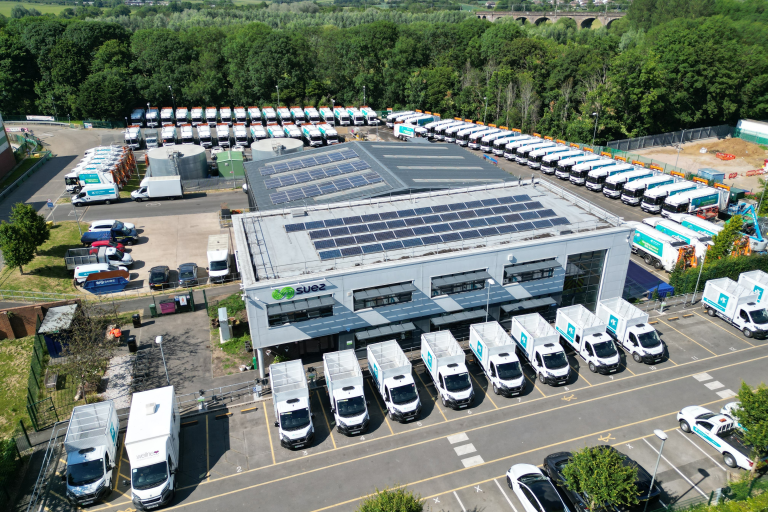
Milton Keynes City Council has published major plans to transform its waste recovery facility in Wolverton into a state-of-the-art Eco Park that will provide green energy to the city for a more sustainable future.
Since 2018, the city council has been using clean methods to turn household rubbish into sustainable electricity at the Wolverton site, which means barely any of MK’s waste goes to landfill.
Now, it has revealed plans for a technologically advanced Eco Park that will reduce the growing city’s carbon emissions and become the one of the UK’s most sustainable places to manage waste.
Benefits from the Eco Park for local people include:
- Distributing heat naturally created by processing waste across the city into homes and businesses.
- Generating more energy so the city’s waste collection and landscaping fleet becomes entirely powered by waste (currently around a third).
- New technology to shred unwanted tyres into material that would be used to build and repair roads.
- A carbon sink forest that would absorb carbon from the atmosphere.
- New facilities to deal with more types of waste locally, including electrical goods and other hard-to-process items, meaning fewer miles need to be travelled.
- The council’s investment into developing the Eco Park would mean lower processing costs over the longer term, delivering better value for money.
In addition, the site would be made more efficient to manage the extra waste being produced by our growing city. It would also be home to a public education centre to help the next generation become even better at reuse and recycling.
“Milton Keynes has been at the forefront of recycling ever since we introduced the UK’s first kerbside recycling collections in the early 90s, and the Wolverton Eco Park continues that great tradition. Opening such a state-of-the-art green facility brings clear benefits to the city and fits our ambitions to be a world-leading sustainable city.”
A decision on whether to approve the plans will be made by the city council on 14 January.
Last year, Milton Keynes City Council announced local recycling had risen by a third since it introduced wheelie bins in September 2023, making it one of the top performing cities for recycling in the UK.
The city council has also published a separate proposal to replace MK’s three ageing tips with two modern reuse and recycling sites in the north and south of the city. Larger, greener sites in better locations with less congestion would accept a wider range of items as well as offering reuse facilities.